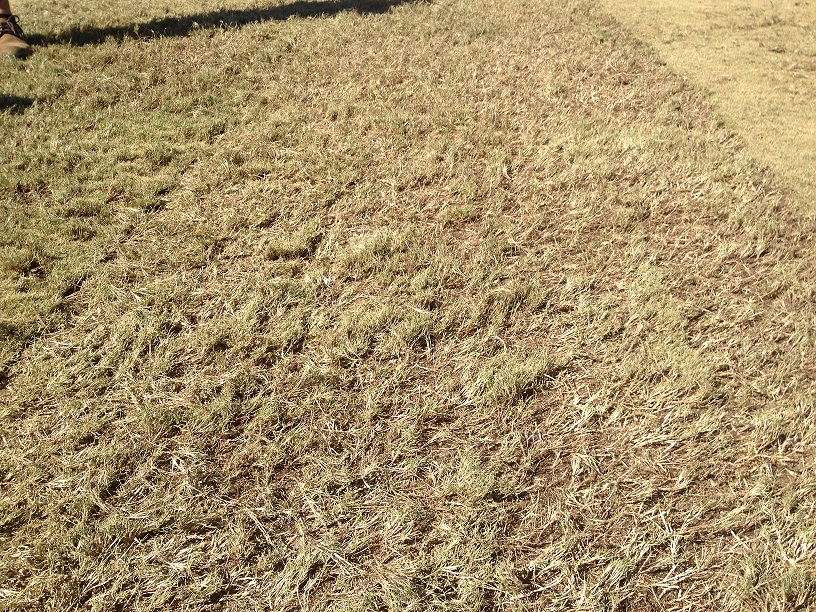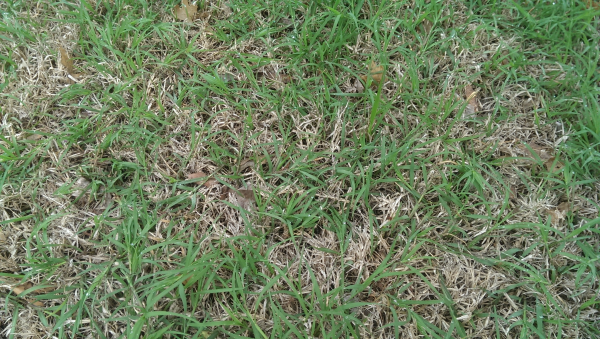

What steps should I take to prepare Bermuda Grass for the winter?
Your Bermuda grass (Cynodon dactylon) is also known as devil grass for its moderately invasive nature. Bermuda grass comes from a weed grown in Africa, and imported to the United States in the 1700's. Bermuda grass grows the best when low temperatures are above 55 degrees Fahrenheit. When temperatures drop lower, your grass growth rate will slow, and it will begin to turn brown, and go dormant for the winter. If you do not want to allow your lawn to turn brown, and dormant through the winter, see our blog post titled "Winter Lawn Over-Seeding". However, if you prefer not to take the extra steps to have a green lawn year round, there are some things you can do to ensure that your Bermuda grass comes back healthy and green in the spring.
Lawn Mowing
During the summer, when it's healthiest, Bermuda grass lawns should be mowed between 1 and 1 1/2 inches tall. As summer temperatures begin to drop, allow the grass to grow longer, between 2 and 2 1/2 inches tall before the next mow. Keeping your lawn shorter than 2 inches during cold weather, may make it more likely to be injured by cold weather.
Fertilizing
If you typically use time-release fertilizer on your Bermuda grass lawn during the summer months, make the final application in July.
If you typically use quick release nitrogen fertilizer, make the final application in September.
The element Nitrogen, encourages Bermuda to continue to grow; young, tender shoots may be injured if there is a sudden temperature drop. By discontinuing fertilizer early, new growth has matured before the cold weather sets in. When young roots are exposed to temperatures below 50 degrees Fahrenheit, they are much more susceptible to stress, and permanent damage.
Removing Weeds
Winter annual weeds begin to grow in the summer and fall. These seeds typically "set" during the spring, so if you get rid of them in the fall, before they "set" you will be much better off. Spot-spraying with weed killer is the easiest and most effective method of getting rid of them. Avoid mowing the lawn for 48 hours before applying weed killer, and be sure to water the lawn before applying the treatment. You can use any pre-mixed product that contains a 2,4-D (dimethylamine salt of 2-methyl-4-chlorophenoxyacetic acid). Follow the instructions, being careful to apply the correct mixture of herbicide and water, and cover the affected area entirely.
Over Seeding
If you do want to ensure a bright green winter lawn, you'll need to overs seed with a grass better-suited for cool weather. In the Phoenix area, Rye grass is most commonly used. If you would like to over seed your Bermuda grass with Rye grass seed, see our post here: Winter Lawn Over-Seeding
